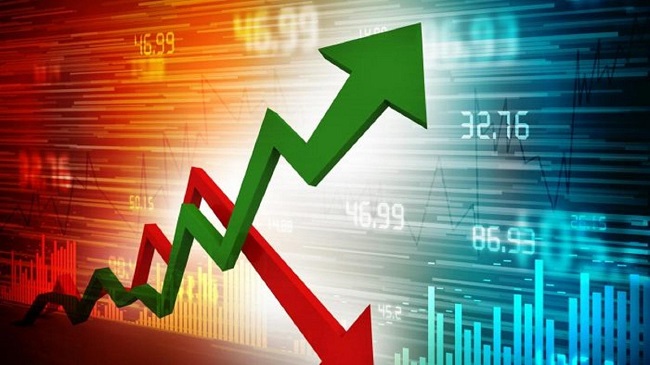In January 2024, foreign participation in the Nigerian Exchange Limited (NGX) plummeted to an all-time low of 8.5%, marking a significant decline as domestic investors continued to dominate the nation’s stock market transactions.
According to data released by the Nigerian Exchange Limited, foreign investors’ transactions totaled N53.1 billion during the period, compared to N598.41 billion for domestic transactions. This disparity highlights a substantial margin of 1026.74% difference between domestic and foreign transactions.
The figures indicate a stark contrast to January 2023 when foreign participation stood at 12.76%, underscoring the prevailing cautious sentiment among foreign investors amidst ongoing market volatility and economic uncertainties.
The subdued participation of foreign investors can be attributed to various factors, including persistent market volatility, economic uncertainties, and regulatory concerns. Many foreign investors have adopted a cautious approach, opting to minimize their exposure to the Nigerian market and remain on the sidelines until there is more clarity.
Despite the challenges, total transactions at the Nigerian bourse surged by 89.45% in January 2024, reaching N651.52 billion, compared to N343.90 billion in December 2023. Domestic investors outperformed foreign investors by approximately 84% during the period.
Institutional investors also outpaced retail investors by 4%, with both categories witnessing significant increases in transactions compared to the previous month. Retail transactions surged by 211.73%, while institutional transactions increased by 53.03%.
Looking at the market’s performance over the last decade, data reveals a decline in both domestic and foreign transactions. Domestic transactions decreased by 10.94% from N3.556 trillion in 2007 to N3.167 trillion in 2023, while foreign transactions decreased by 33.28% from N616 billion to N411 billion over the same period.
The Domestic and Foreign Portfolio Investment Report, prepared monthly by NGX Regulation Limited, provides insights into trading figures from market operators on their domestic and foreign portfolio investment flows, categorizing investors into retail and institutional segments.
As the Nigerian stock market grapples with fluctuating dynamics, the call for stricter regulations and measures to restore foreign investor confidence becomes imperative to foster sustainable market growth and stability.










